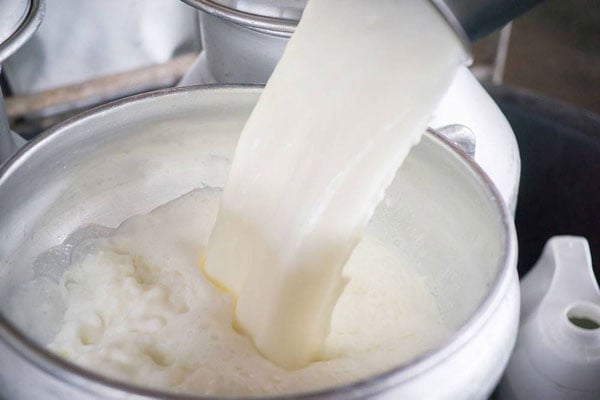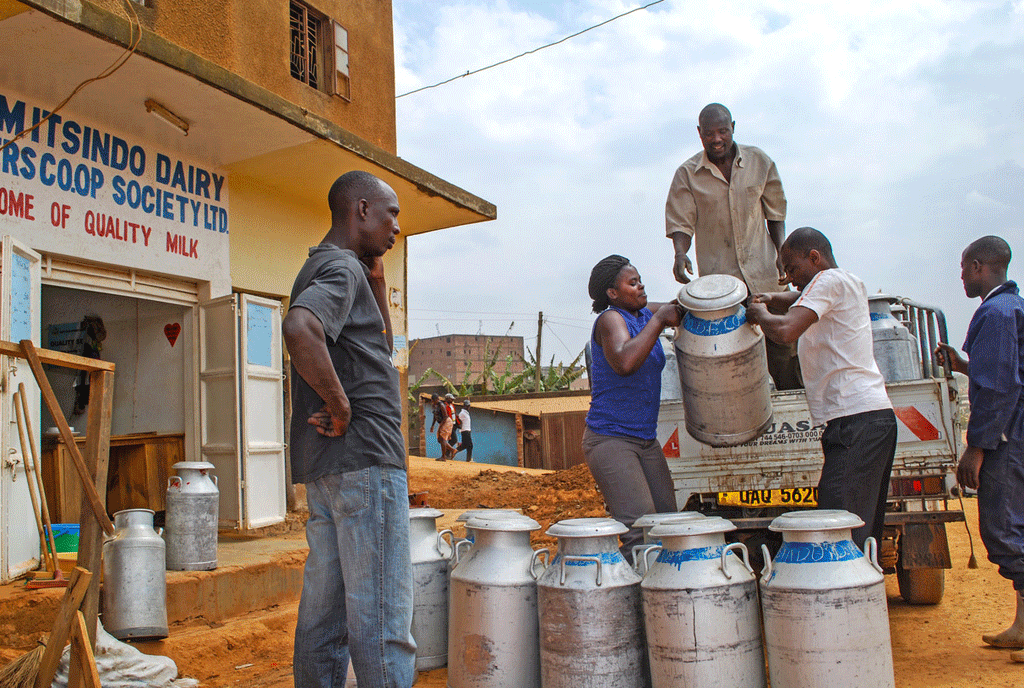Prime
Address Kenya trade hurdles

Farmers deliver milk at a collection centre in Uganda. PHOTO/FILE
What you need to know:
- The issue: Trade.
- Our view: Revelations such as these emerging from the powder milk sector should be dealt with before they fester and expand to other sectors that are seemingly healthy....we call upon the authorities in Kenya to attend to this issue as soon as possible.
The on-and-off trade hiccup between Uganda and Kenya continues to rear its ugly head with the latest tiff affecting the powdered milk sector.
We recognize the fact that all other goods have not been affected since the two governments in late March inked an agreement to work together amid other political proclamations.
On March 28 the Permanent Secretary in the Ministry of Finance, Planning and Economic Development, Mr Ramathan Ggoobi, met with Kenya’s Cabinet Secretary for Investments, Trade and Industry, Mr Moses Kuria, and signed a pact to facilitate regional co-investment opportunities in strategic sectors.
The Nairobi meeting agreed to facilitate a regional co-investment initiative between the Devki Group, the Uganda Development Corporation and the Kenya Development Corporation.
Now, Mr Samson Akankiza, the executive director of Dairy Development Authority, has said Kenya is cutting export permits for certain products, which could just be the first step in the wrong direction, yet again.
Importantly, Brookside Limited have raised the red flag that their milk is being denied export permits and even those that get are delayed by the Kenya Diary Authority.
“Effective March 19 2023, the Kenyan government through Kenya Dairy Board stopped issuing permits for our dairy products in the Kentrade system, affecting our factory output significantly,” part of an April 5, letter by Brookside’s Benson Mwangi reads in part.
We have not got an official explanation from the authorities in Kenya on why these decisions are being taken, but it would be useful to know if the products being stopped are below standard, are not meeting legal requirements, or have issues to address.
However, not long ago, the ban on exportation of poultry feeds and products to Kenya hit Ugandan farmers hard. This also affected the market.
Statistics by the Central Bank of Kenya shows Kenya’s exports to Uganda dipped 8.5 per cent to Ksh46. 77 billion ($386.3 million) during the half year last year compared to a similar period in 2021—breaking a growth trend in all EAC markets including Tanzania, Rwanda, and South Sudan. The lift on the ban was, therefore, a relief to both countries on many fronts.
Revelations such as these emerging from the powder milk sector should be dealt with before they fester and expand to other sectors that are seemingly healthy.
It is in this vein that we call upon the authorities in Kenya to attend to this issue as soon as possible. We shouldn’t move five steps forward and two backward.




